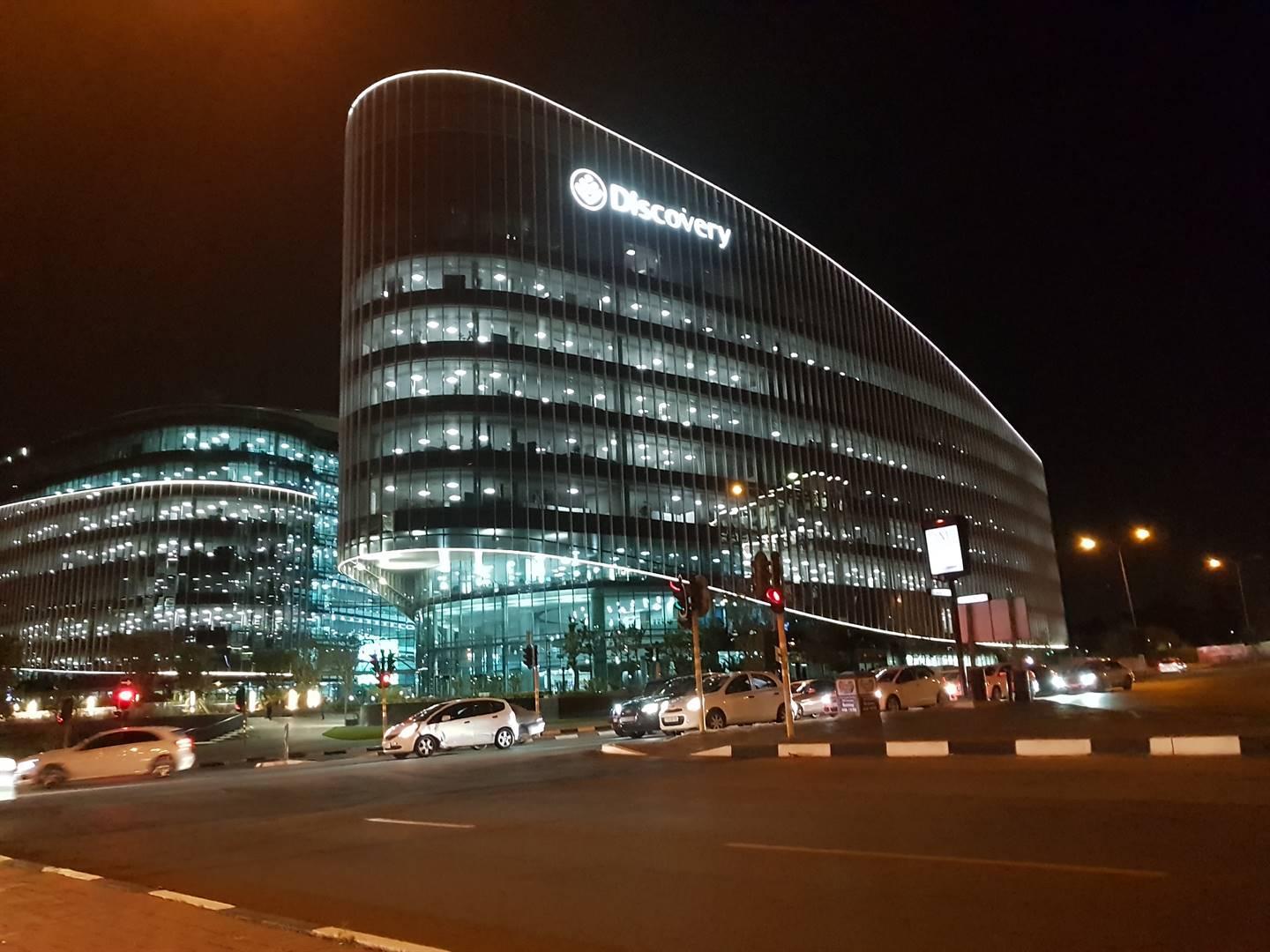Africa-Press – South-Africa. Discovery has declared its first ordinary dividend since the onset of the Covid-19 pandemic in 2020, even as the group’s latest annual results showed profit remained under pressure.
The health-focused insurance group declared a final gross dividend of 110c per ordinary share for the year to end-June, signalling the likely end of a deliberate strategy of withholding distributions to ordinary shareholders since the advent of Covid-19.
The dividend came even as the Discovery’s net profit slipped 2.9% to R5.3 billion, with its two key insurance markets of SA and the UK under pressure amid a steep rise in interest rates.Nevertheless, Discovery said its three main business composites – South Africa, the UK and Vitality Global – all delivered robust performances despite a backdrop of significant macroeconomic uncertainty. Normalised headline earnings increased 32% to R7.68 billion while core new business annualised premium income (API) increased 12% to about R22.8 billion.
“The period saw prolonged inflationary pressures, rising interest rates, a remarkably strong US dollar, increasing consumer pressure, and a cost-of-living crisis in many regions,” Discovery said in its results announcement.
“The headline earnings volatility caused by economic assumption changes is the rationale behind Discovery’s stated policy of normalising for the impact of long-term interest rate movements in the presentation of normalised headline earnings. Although the interest rate changes impact headline earnings, they have no impact on the operations of the group, with little impact on the group’s liquidity, cash flows, and solvency.”
Non-insurance growth
Despite the challenging economic backdrop, Discovery’s premium revenue grew in the 12-month period while the group also experienced good customer retention. Discovery did especially well in growing non-insurance income lines, which increased 44% to R4.9 billion.Normalised operating profit growth was strong across each composite, with SA delivering a 22% rise in this profit measure to just over R9 billion.
The UK composite raised normalised operating profit by 21% to about R1.8 billion while Vitality Global saw a 74% rise in normalised operating profit, which came in at R777 million, thanks mainly to a weaker rand.
New business growth was strong in SA and the UK, with core new business API increasing 11% and 26%. Vitality Global experienced a 1% decline in core new business API as customer acquisition in Ping An Health Insurance was constrained due to what Discovery called a “complex environment” for the Chinese business in which it has a 25% stake.
On a segmented basis, Discovery Life and Discovery Invest were the biggest SA contributors to the group’s R11.7 billion in normalised profit from operations. Discovery Life raised normalised profit from operations 19% to R4.8 billion while Discovery Invest increased this profit measure by 30% to R1.56 billion. Discovery Bank narrowed its loss by 23% to R767 million.
The Vitality Health International partnership with Ping An Health Insurance delivered a 76% rise in normalised profit from operations to R596 million, making it the strongest performer in the Vitality Global composite.
Despite the dividend declaration, Discovery’s share price was down about 1% in morning trade on Thursday, having risen by more than a third in the past year.
Shaun Murison, senior market analyst at IG, said in a note that despite economic assumption changes, the group has managed to maintain its liquidity and cash flows.
“The group’s policy of normalising for the impact of long-term interest rate movements has been instrumental in achieving this stability,” said Murison, adding that Discovery’s business had also seen strong premium growth.
Discovery said that in future, interim ordinary dividends are expected to be paid in the region of 30% to 40% of the expected total annual ordinary dividends in line with market practice, with the remainder of the dividend to be paid as a final dividend. “It was a very robust year for the group despite a complex backdrop,” CEO Adrian Gore said in the results presentation.
“It’s been a tough, complex, volatile year.”
For More News And Analysis About South-Africa Follow Africa-Press






